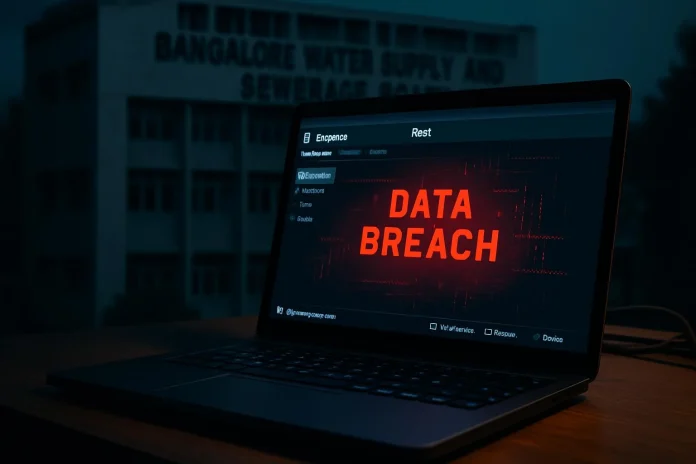Users of popular services including Google, Microsoft, Apple, Facebook, Instagram, Snapchat, and more have been impacted by the disclosure of over 184 million unique account credentials due to a significant cybersecurity attack. Usernames, passwords, emails, and URLs connected to government, banking, and health accounts in addition to social media platforms were contained in the breach.
According to cybersecurity researcher Jeremiah Fowler, the database was discovered to be an unencrypted plain text file with no password protections or encryption, making it accessible to everybody. Infostealer malware, a tool frequently used by hackers to gather private information from infected devices and sites, was the source of the data, according to Fowler.
Fowler found the file and notified the hosting company, which quickly blocked the database’s public access. Nevertheless, it is still unclear who was responsible for the leak. Attempts to check the legitimacy of the data showed that a large number of people validated the disclosed credentials.
Read Also: Okanga: Building Bridges, Moving People Forward
The breach presents significant hazards, such as:
Attacks known as “credential stuffing” occur when hackers gain access to other accounts by using stolen information.
takeovers of accounts for identity theft and fraud.
Business credentials were among the stolen data, along with ransomware and corporate espionage.
Several credentials linked to state entities were exposed, indicating government targeting.
Social engineering and phishing can be used to commit scams since they expose emails.
Fowler cautioned that people frequently save private information in their emails, such as tax returns or medical records, without being aware of the security hazards. He advised people to exercise prudence by doing the following:
updating passwords on a regular basis.
utilizing distinct, challenging passwords for every account.
enabling MFA, or multi-factor authentication.
Think about password organizers.
checking accounts for unusual behavior.
use HaveIBeenPwned and similar services to check for leaks.
utilizing up-to-date security software to prevent infection.
The event serves as a reminder of the increasing risk of data breaches and the importance of being vigilant when it comes to safeguarding private and corporate data online.
Join Television Nigerian Whatsapp Now
Join Television Nigerian Facebook Now
Join Television Nigerian Twitter Now
Join Television Nigerian YouTUbe Now

![Kidnapped Fulani Man Rescued by Troops in Taraba [Photos]](https://tvn.ng/wp-content/uploads/2025/12/MixCollage-03-Apr-2024-09-26-AM-6124-218x150.jpg)




















